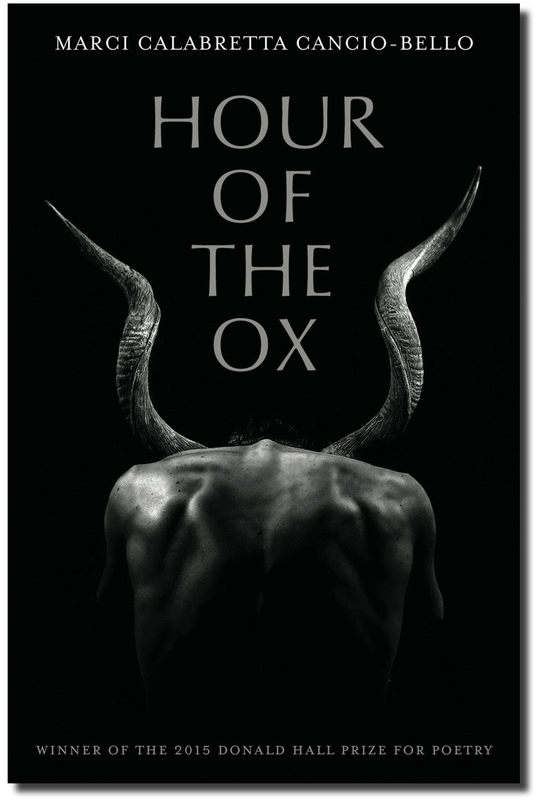|
Vertical Divider
|
Hour of the Ox. By Marci Calabretta Cancio-Bello. University of Pittsburgh Press, 2016.
ADVERTISEMENT |
CURRENT ISSUE
|
CONTACT
|
DEPARTMENT OF ENGLISH
|



